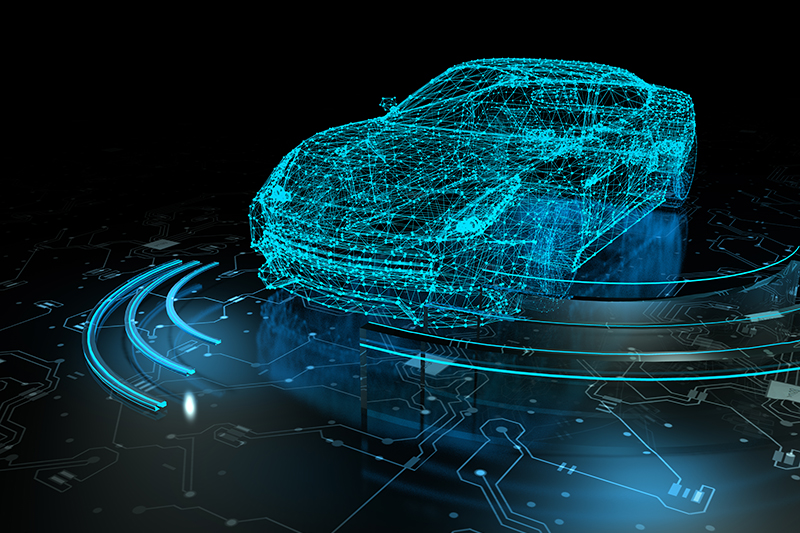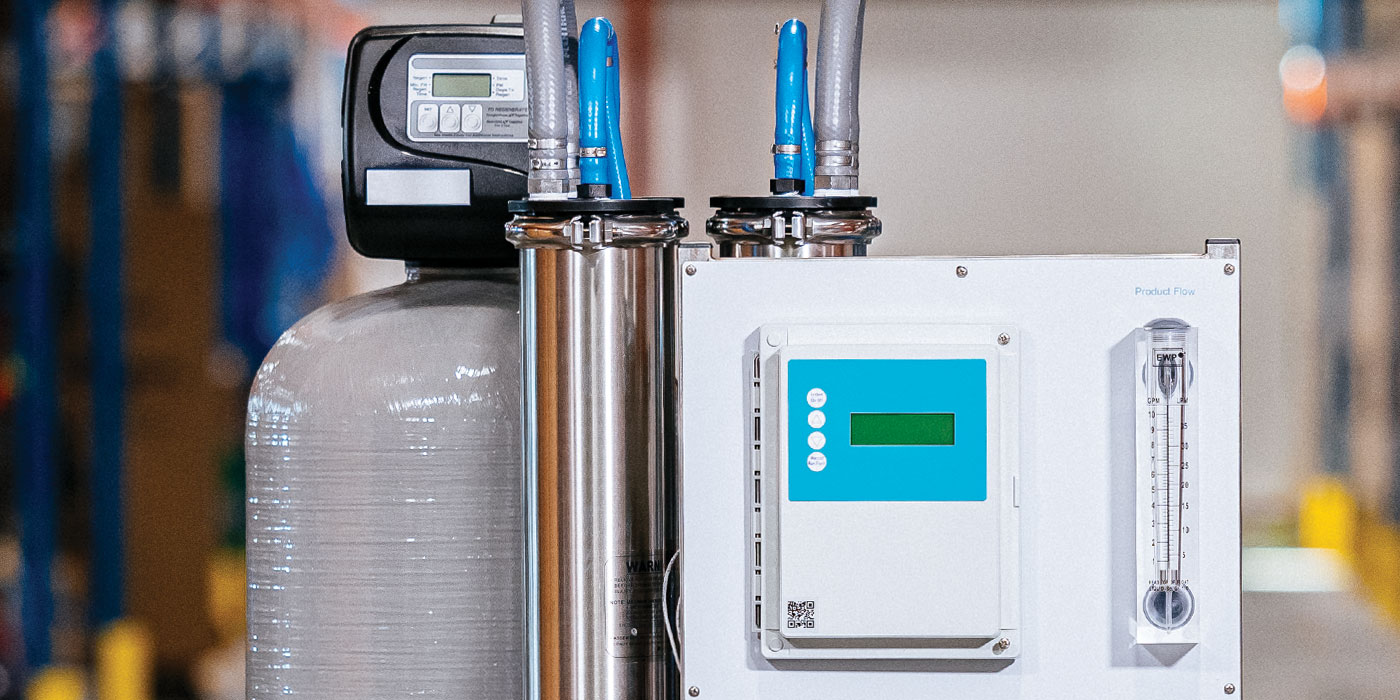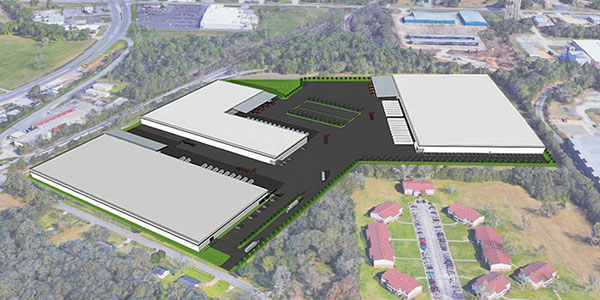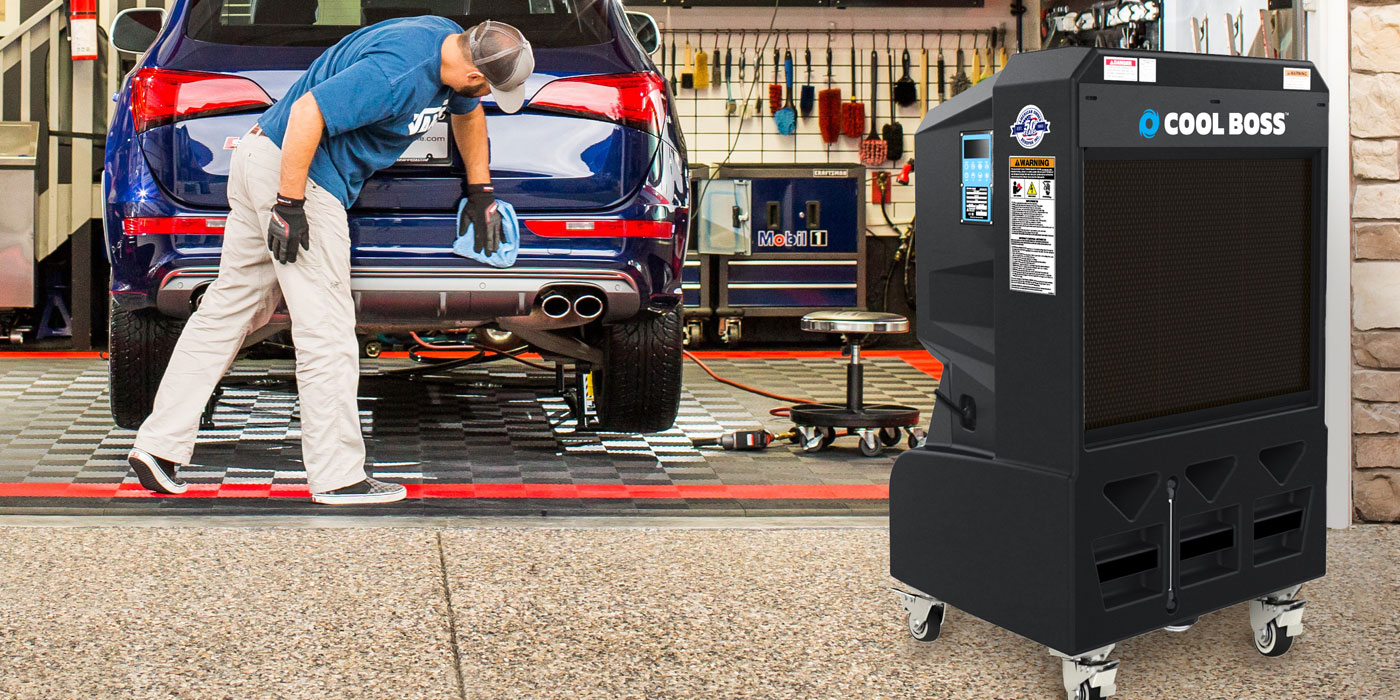What may be the best thing about the development of new technology is that it usually begets the creation of newer, even better, technology. The examples are around us everywhere — from cellphones to microwave ovens and personal computers to televisions. These common appliances often don’t bear any resemblance to their predecessors, but they also clearly outdistance them in operational capability and performance.
The carwash industry is not immune to the phenomenon of new technology begetting newer technology. In many ways, the engineers and designers employed by carwash manufacturers are always being pushed to develop next-generation technologies for actual washes as well as their component parts and operating systems.
Some owners/operators resist change and advances in wash technology. But, is kowtowing to this mindset doing a disservice to the customer? While many carwash professionals have grown used to and comfortable with older systems they have been relying on for 10, 15 and even 20 or more years, many carwash manufacturers have been consistently improving their products during that time, creating everything from entirely new systems and accessories to finding ways to more efficiently power the wash.
The best of both worlds
Just like there are car owners who will only drive a Buick or soft drink consumers who will only drink Coca-Cola, there are carwash operators who will only install a friction wash system. Fortunately, technological advancements in wash system design and operation can be found in both friction and touch-free washes:
- Friction washes: Next-generation friction washes can benefit from improvements in the construction of the system’s brushes. Traditional systems use cloths that sweep over vehicles. Unfortunately, they can act like sponges for the dirt and grime, meaning that dirt and grime may be transferred to the next vehicle in line. New-age brushes are constructed of a closed-cell foam material, usually neoprene, that is softer, quieter and more efficient during the wash cycle with the added benefit of not allowing dirt and grime to cling to it, making for a cleaner wash for all. Additionally, advancements in the design of friction wash bays have eliminated the floor-mounted treadles that must be negotiated by the driver. Eliminating the treadles has created an “open-bay” design that allows the vehicle to be positioned under the wash arms without any tricky maneuvering required from the driver.
- Touch-free washes: Next-generation touch-free wash systems feature a simple design that results in easy operation and lower equipment and maintenance costs for the operator. Touch-free technology has also advanced to the point that the wash bridges contain sensors that can “see” how the vehicle has been positioned in the wash bay and then have the capability to adjust the way the bridge travels so that a clean vehicle is produced in the most efficient manner possible. Advanced touch-free systems also feature a treadle-free, open-bay design that makes it easier and less stressful for the driver to enter and position the vehicle in the wash.
Along with making both friction and touch-free wash technologies more intuitive and user-friendly, there are three important areas where advanced technologies can improve the bottom line for the wash operator, if implemented correctly.
Related: What’s new in IBA technology?
These three critical areas to help move the needle for your business include: throughput rate, revenue enhancement and improved operating costs.
Throughput rate
The lifeblood of any carwash is the number of vehicles that can actually be cleaned during the course of the day. What is known as the wash’s “car-per-hour throughput rate” will always be a key decision driver for the wash operator when choosing a system.
With that information in mind, the operator’s choice of system should always take into consideration the wash manufacturer’s capability to deliver a product that can meet desired wash speed and throughput rates, all without sacrificing cleanability.
Wash operators can also take advantage of the enhanced reporting systems that are available today. These computer systems can take all of the operational information that is created during the wash process and create a report that informs the operator just how well the system is operating and where there might be areas for improvement.
The ability to access real-time wash information can help the operator fine-tune the wash parameters and anticipate when a certain piece of equipment may be due for a maintenance checkup. Historical throughput rate information can also help the operator anticipate when the wash might experience a spike in use, which can help the operator prepare for any rushes while also having the optimal amount of staff on hand if the wash is a manned operation.
Revenue enhancement
The days of a driver entering a wash and having the vehicle simply soaped down before being rinsed and dried are long gone. Nowadays, drivers are looking for added benefits and features when having their vehicles washed — with the end goal being a vehicle that really sparkles when it drives away from the wash. Wash manufacturers have responded by creating a wide variety of revenue-enhancers that can be used to upsell the driver —items like high-gloss waxes, bug removal detergents, scented soaps and wheel cleaners.
It’s not just enough, however, to make new revenue-generating features available on next-generation wash systems. All revenue enhancers should be designed to be part of a retrofit kit that can be installed on existing legacy systems without forcing the operator to purchase an entirely new system. Think of it as the ability to update existing apps on an iPhone without being required to buy a new one each time.
Revenue enhancement can also be realized through the use of advanced entry systems that can interface with a loyalty system. There are many internet-based loyalty systems that can compile and disseminate the data required to operate a successful and easily manageable loyalty program, which can be a key factor in creating repeat business.
Improved operating costs
Most traditional wash systems rely on hydraulics, air cylinders and programmable logic controllers (PLCs) to actuate the movement of the equipment that is used to wash, rinse and dry the vehicle. While these technologies served their purpose decades ago, newer systems are outperforming them.
Technologically advanced wash manufacturers have started outfitting systems with electronic variable-frequency drives (VFDs). VFDs have proven to be a reliable replacement for old hydraulically powered systems that are prone to leaks and breakdowns, which result in higher maintenance costs, downtime and possible environmental damage that could lead to excessive cleanup and remediation costs.
In addition to making the wash system safer, VFDs more accurately contour the vehicle, which also reduces chemical and water consumption use and related costs.
In friction systems, VFDs can better control the movement and impact of the brushes on the vehicle, which reduces the chance that the vehicle will be damaged during the wash process. While eliminating the need for hydraulics in carwash systems, they can also benefit them by optimizing energy consumption, since only the proper amount of power is required to operate the system’s various components.
The best technological advancement is the one that is developed after looking back — here’s what we did and here’s where it can be improved — while also keeping an eye looking forward — here’s how we envision the future and how we can help get there.
There is no doubt that hydraulic or PLC-controlled washes played a major role in making the professional carwash industry what it is today, but an objective look might consider this structure antiquated.
Wash operators who want to stay ahead of the curve and find the nirvana of optimized throughput rates, revenue enhancement and operating costs must partner with suppliers and manufacturers that focus on next-generation equipment and systems. And, while this new technology comes with a cost, it’s perfectly fine to pay a dollar more upfront in order to save twice as much in the long run.
David Dougherty is the senior product manager for in-bay automatics at PDQ Manufacturing Inc. in De Pere, Wisconsin. PDQ Manufacturing is recognized as the technological leader in vehicle wash systems, providing superior quality, outstanding support and products that contribute to its customers’ profitability. For more information, visit www.pdqinc.com or call (800) 227-3373. David can be reached at [email protected].














